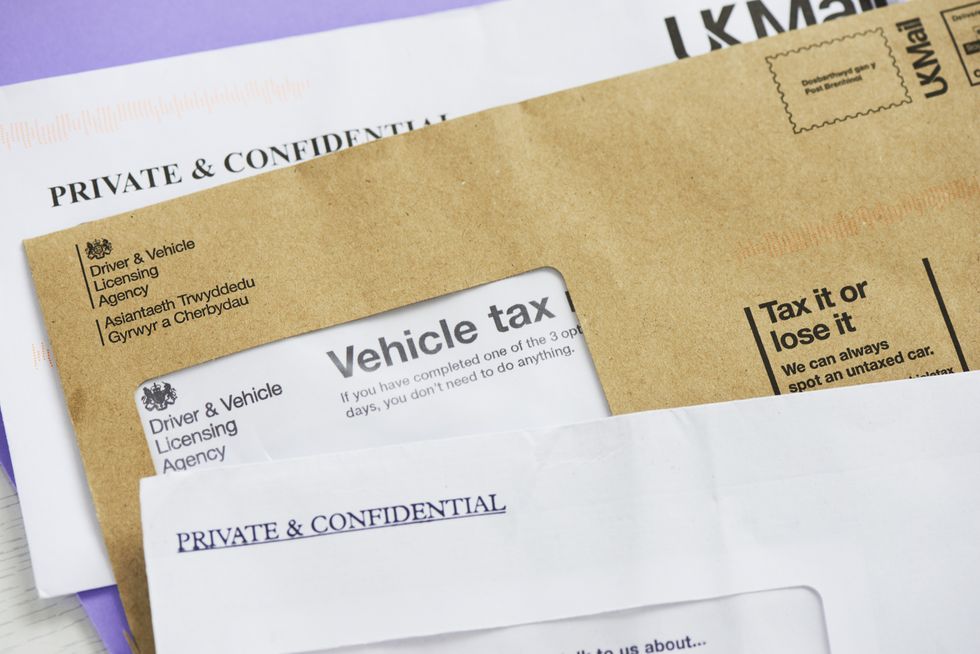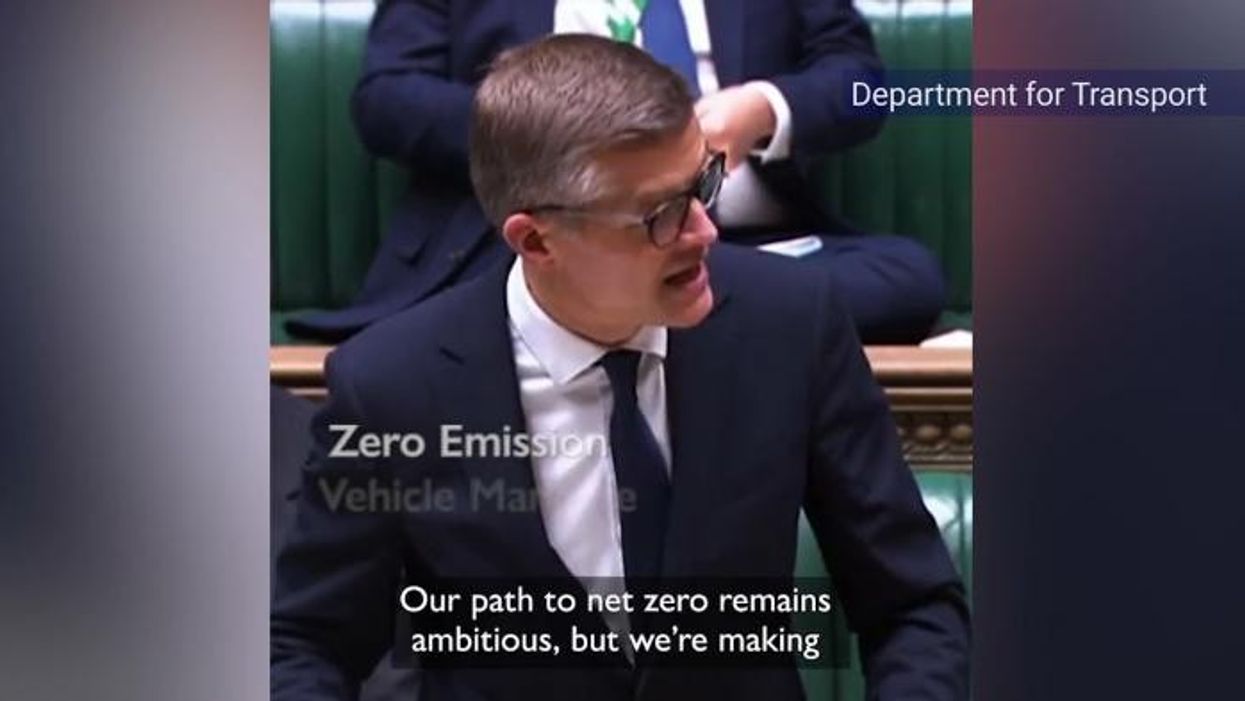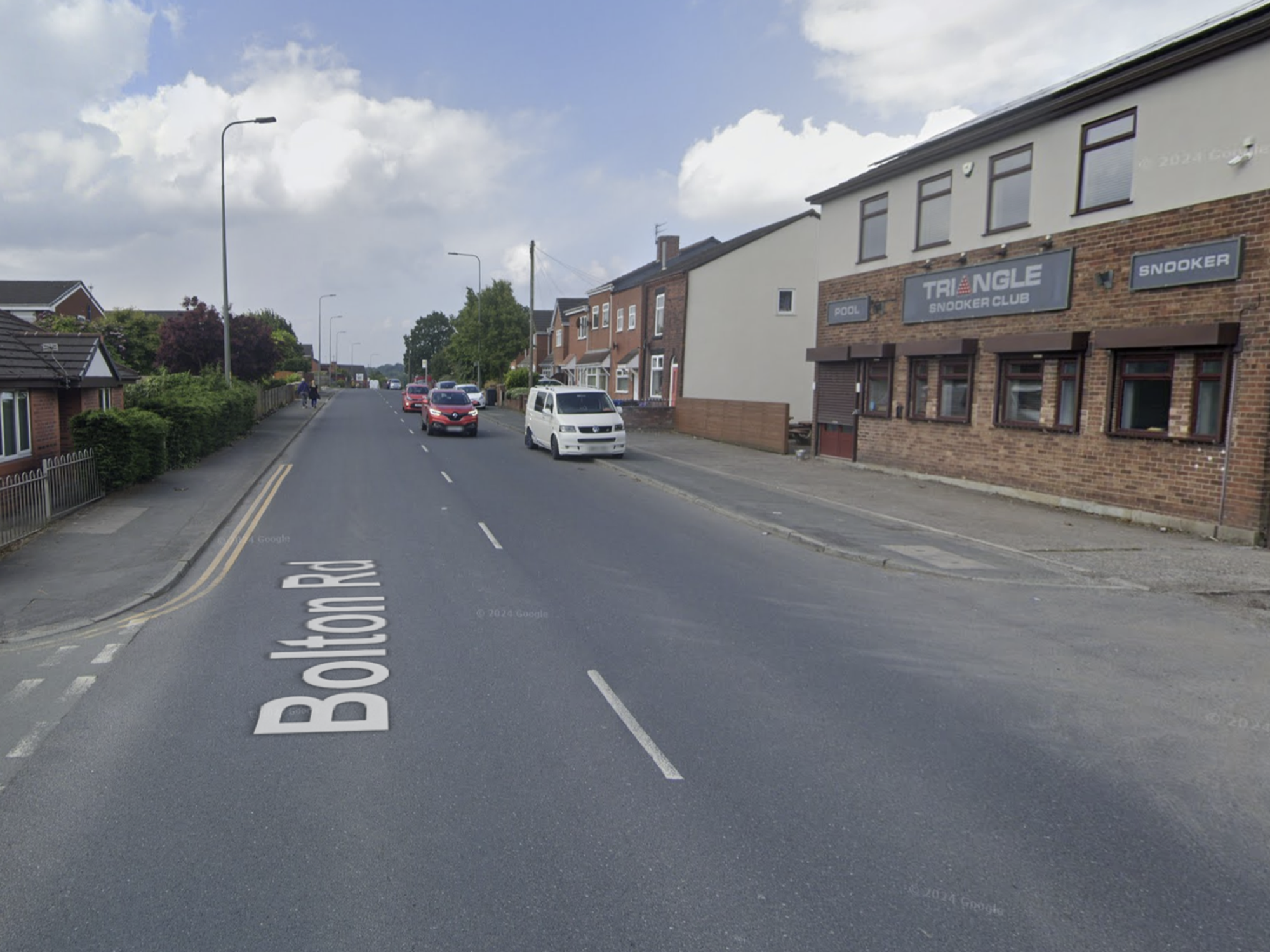Major car tax changes launching within months could see motorists hit with enormous monthly costs

The new changes are set to be introduced after July 1 later this year
Don't Miss
Most Read
New car tax changes are set to be introduced from July that could impact thousands of motorists across the UK under new measures.
HM Revenue and Customs (HMRC) has announced that it will begin charging double cab pick-up trucks as company cars from July 1.
Huge changes to the system of Benefit-in-Kind tax rules will mean that company car drivers could face enormous price hikes.
Any double cab pick-up trucks which are purchased from July 1, 2024, could see drivers hit with a near-fivefold increase in their personal tax bills.
Do you have a story you'd like to share? Get in touch by emailing motoring@gbnews.uk

The new changes could impact thousands of company car owners
|GETTY
HMRC will no longer interpret the legislation that defines cars and vans for tax purposes in line with the definitions used for VAT purposes.
At present, any pick-up that has a payload of more than 1,000kg is considered a commercial vehicle, in line with VAT rules. Because of this, it allows business users to reclaim tax on their vans and pick-up trucks.
HMRC said the new rule was introduced as a “pragmatic way of resolving the primary suitability and classification of double cab pickups”.
The UK has a large number of pick-up trucks on the road thanks to a favourable VAT system and low Benefit-in-Kind taxation rates.
Popular double cab pick-up trucks include the Ford Ranger Double Cab and the Toyota Hilux. The Ford Ranger has a staggering 45.5 per cent market share for pick-up trucks in the UK, with almost 19,000 new registrations in 2023 alone.
Fleets have previously warned that they would be “sleepwalking into a significant tax liability” with these changes.
This follows years of debate around how HMRC classes vehicles after Coca-Cola won an appeal to class Vauxhall Vivaro and VW Transport T5 Kombis as cars and not vans.
The most popular Wildtrak version of the diesel Ford Ranger has a list price of £47,220 including VAT, with its CO2 emissions output of 230g/km putting it in the highest BiK tax bracket of 37 per cent.
Under the new rules, a 20 per cent taxpayer in England could have to pay £291 per month, while a 40 per cent taxpayer would have to fork out £582 per month in company car tax.
This is a massive change compared to the current rules where someone paying 20 per cent tax has to pay just £60 a month or £120 a month for those on the higher tax rate, Autocar reported.
During the Autumn Statement, the Government confirmed that it would be raising the rate of tax paid on vehicles after the new financial year in 2024.
Cars, vans and motorcycles will see Vehicle Excise Duty (VED) rates rise in line with the Retail Price Index (RPI) from April 1, 2024.
LATEST DEVELOPMENTS:
- Low traffic neighbourhood scrapped as council admits 'aspects of the scheme failed' after fierce backlash
- Drivers urged to 'act quickly' when selling cars or they could face a 'substantial drop in valuation price'
- Self-driving car torched after furious mob throw firework inside autonomous electric vehicle

Some pick-up truck owners could be hit with huge costs
|PA
Electric vehicles will need to pay VED from April 2025 after Chancellor Jeremy Hunt called for a fairer system of taxation for all drivers.
There are expectations that the Government will address BiK tax rates in the upcoming Spring Statement on March 6.











